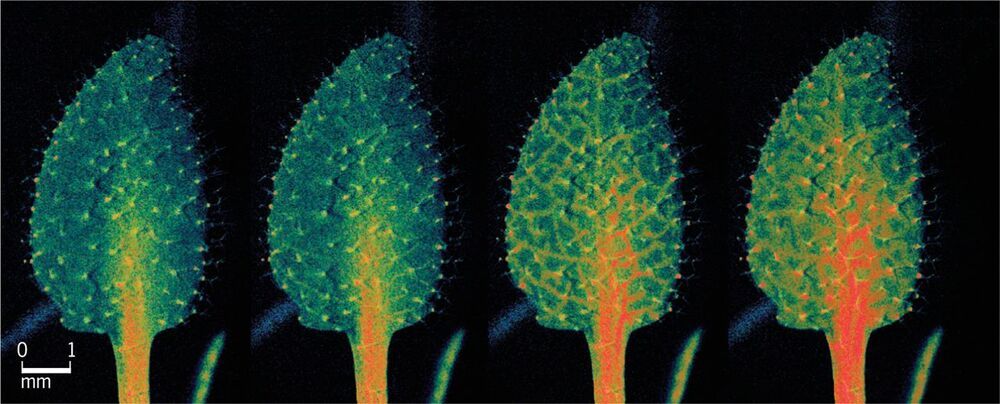More than ever before, the promise and potential in space is available to those with the ambition to reach for it. Nowhere is this story more exciting and compelling than in Africa.


All of the Eskimos met at the Copenhagen Global Warming Summit and together they asked for NASA’s focus. In the end, they managed to get the publicity they wanted, and with it, they carried out a deadly premonition. They claimed that the atmospheric patterns of the earth are increasingly shifting, being changed by emissions to the extent where we’re not going to have much longer on this planet if we don’t change our way. The Sun is no longer rising from where it is meant to or so they say, and they state that the day no longer seems usual.

Thu, Feb 18 at 11:15 AM PST.
Join our community for a special Mars rover landing watch party. The Mars 2020 Perseverance Rover will make history when it lands on the Red Planet at 12:30 p.m. PST.





